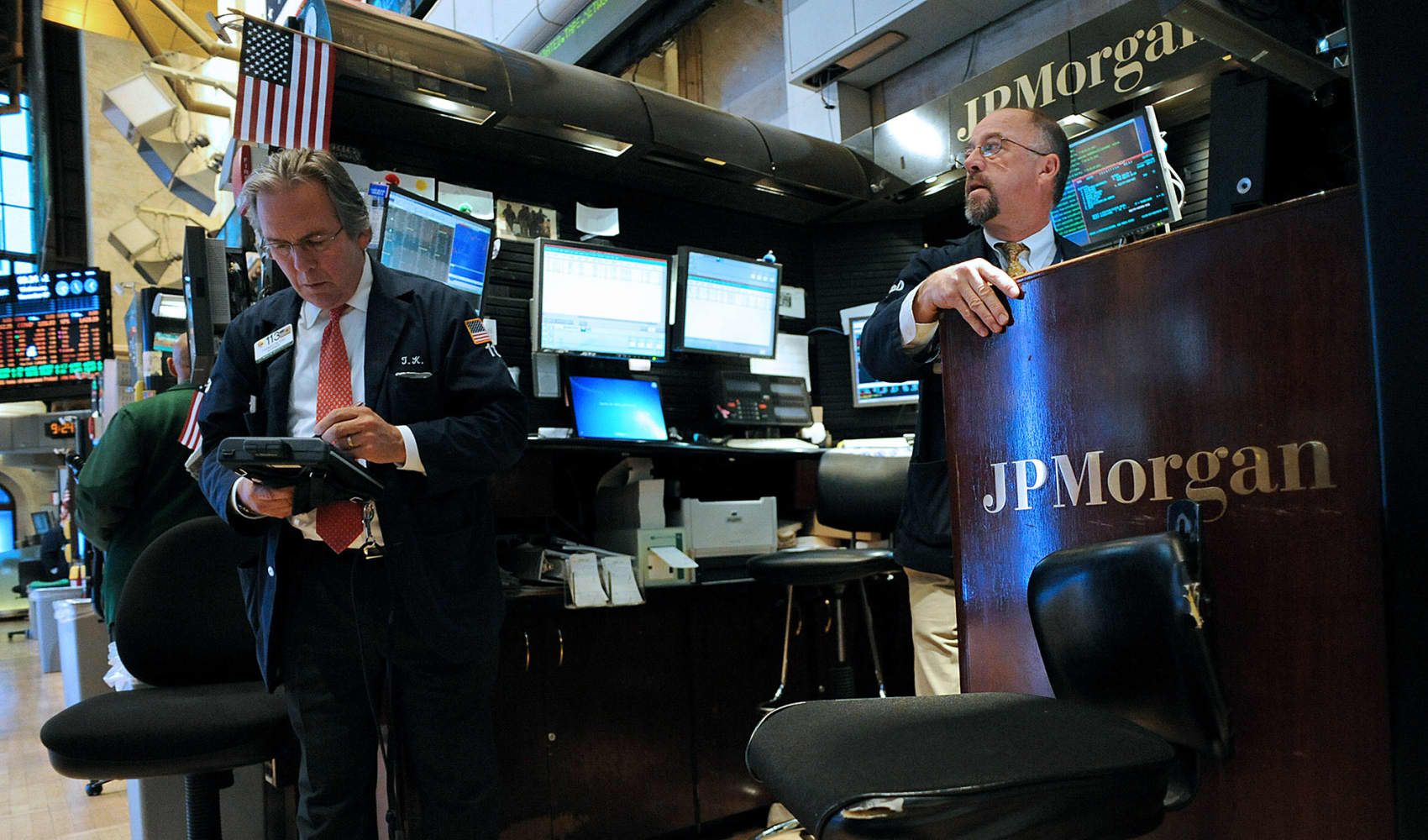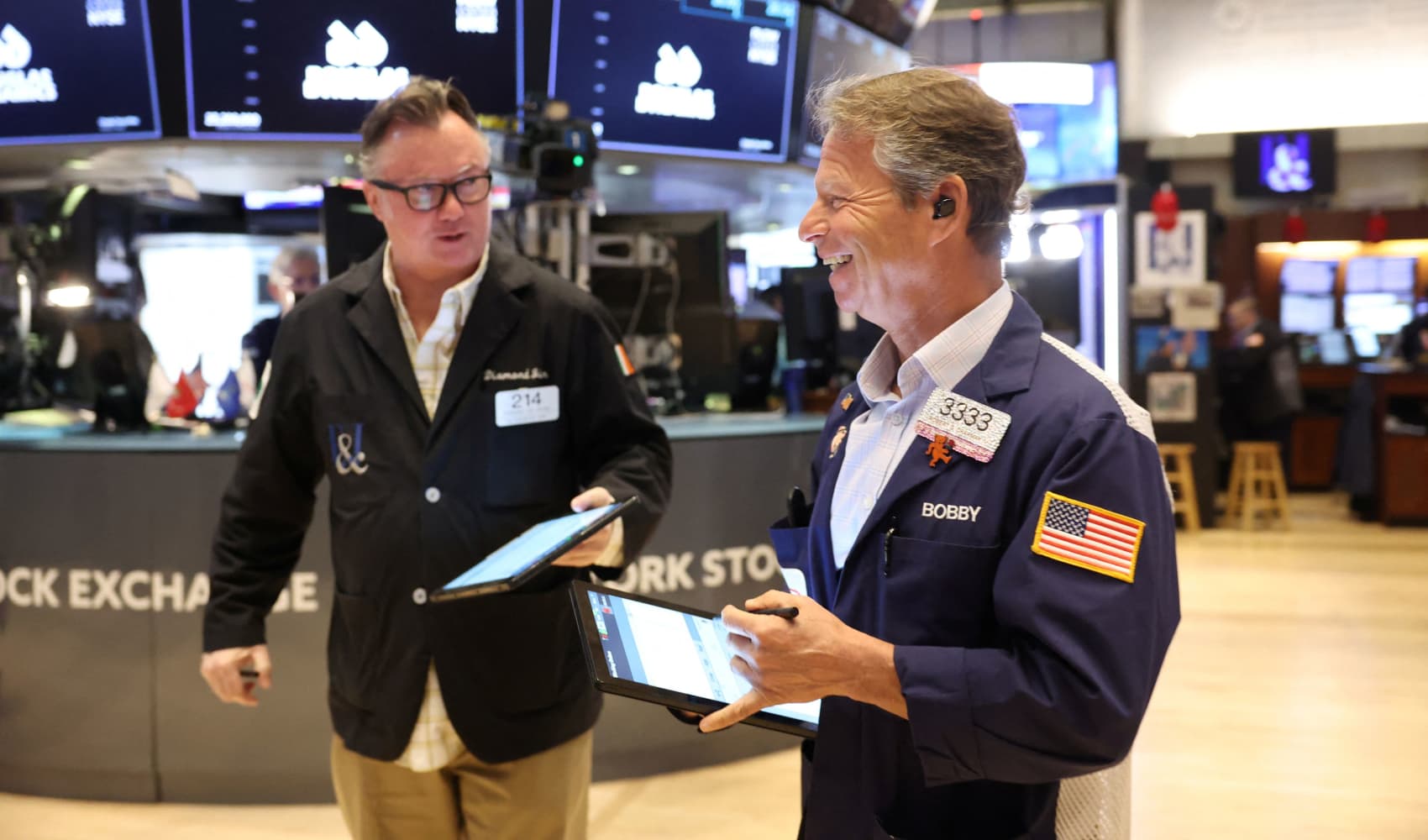Snap Stock Plummets: Ad Revenue Fears Explained!
Snap Shares Plunge: Is the Adpocalypse Here?
Introduction: A Snap Judgment on Snap's Future?
Ouch! That's the collective groan echoing through the social media landscape as Snap, the parent company of Snapchat, took a nosedive, plummeting more than 12% after making a rather unsettling announcement. What's the drama? Well, they've decided to withhold their second-quarter guidance, citing concerns about the turbulent macroeconomic climate and its potential impact on advertising revenue. Think of it like this: it's like a weather forecaster refusing to predict the weekend's sunshine because they're seeing ominous clouds gathering on the horizon.
Snap's Financial Reality Check
Snap's decision to pull guidance is a significant move, indicating a potential slowdown in growth. But before we write their obituary, let's remember that even with this gloomy forecast, Snap *did* manage to increase revenues year-over-year and report a smaller loss. It's like a runner stumbling but still managing to cross the finish line – bruised but not defeated.
The Ripple Effect: Other Social Media Giants Feel the Pain
Snap's misfortune isn't an isolated incident. It's a domino effect. Other social media heavyweights like Pinterest, Reddit, and even Meta (Facebook, Instagram) felt the tremors, seeing their own shares dip. This suggests a broader concern within the digital advertising market. Are we witnessing the beginning of an "Adpocalypse," or is this just a temporary blip on the radar? Only time will tell.
Behind the Scenes: What Snap is Saying
“While our topline revenue has continued to grow, we have experienced headwinds to start the current quarter, and we believe it is prudent to continue to balance our level of investment with realized revenue growth,” Snap stated. In simpler terms, "We're making money, but things are getting tough, so we're tightening our belts." It's a cautious, almost defensive stance, reflecting the uncertain economic outlook. Think of it as a ship battening down the hatches before a storm.
The Advertiser's Perspective: Are Budgets Shrinking?
According to Snap's finance chief, Derek Andersen, some advertisers are already feeling the pinch. This isn't entirely surprising. In times of economic uncertainty, marketing budgets are often among the first to face cuts. Companies become more conservative, prioritizing essential spending over promotional activities. The question is: how widespread is this trend, and how long will it last?
Understanding Macroeconomic Headwinds
What are These Headwinds Anyway?
"Macroeconomic headwinds" is fancy business jargon for "the economy is acting up." This could encompass everything from inflation and rising interest rates to geopolitical instability and supply chain disruptions. These factors collectively create an environment where businesses are hesitant to spend, and consumers are more cautious with their money.
The Impact on Digital Advertising
Digital advertising, while seemingly immune to traditional economic downturns, isn't bulletproof. When companies feel the pressure to reduce costs, advertising budgets are often on the chopping block. Why? Because they're viewed as less "essential" than, say, payroll or rent. This directly impacts social media platforms like Snap, which rely heavily on advertising revenue.
Snap's Strategy: Balancing Investment and Growth
A Delicate Balancing Act
Snap is trying to strike a delicate balance between investing in future growth and managing current revenue. They're essentially walking a tightrope, trying to maintain momentum while navigating turbulent economic conditions. It's a challenging position, requiring careful planning and execution.
Prioritizing Profitability
It seems Snap is prioritizing profitability, which in these times is a smart move. They are essentially saying that being profitable right now is more important than pursuing rapid growth. Wall Street typically likes to see growth, so this is why the market reacted poorly to this news.
Competitor Analysis: How are Others Faring?
As mentioned earlier, Snap isn't alone in feeling the pressure. Other social media companies are also facing similar challenges. It's important to analyze how they're responding to the situation. Are they cutting costs? Diversifying their revenue streams? Adapting their advertising strategies? Learning from their approaches could be crucial for Snap's survival.
The Future of Social Media Advertising
Adapting to a New Reality
The social media advertising landscape is constantly evolving. The days of unbridled growth and limitless budgets may be over, at least for now. Companies like Snap need to adapt to this new reality by finding innovative ways to attract advertisers and demonstrate the value of their platforms.
The Rise of Alternative Advertising Models
We might see a shift towards alternative advertising models, such as performance-based advertising or influencer marketing. These models offer more accountability and allow advertisers to track their return on investment more effectively. Perhaps there will be other types of revenue streams, such as enhanced creator tools, or even NFTs.
Long-Term Implications for Snap
Will Snap Recover?
The million-dollar question: will Snap recover from this setback? The answer depends on several factors, including the duration and severity of the economic downturn, the company's ability to innovate and adapt, and its success in attracting and retaining users. Snap has shown resilience in the past, and they have a dedicated user base. So, while the road ahead may be bumpy, a full recovery is certainly possible.
Investor Confidence: A Key Factor
Investor confidence is crucial for Snap's long-term success. Restoring faith in the company's leadership and its ability to navigate challenging economic conditions will be essential for attracting investment and driving future growth. Transparent communication and a clear strategic vision are key to rebuilding that confidence.
User Engagement: The Lifeblood of Social Media
Keeping Users Engaged
Ultimately, the success of any social media platform hinges on user engagement. Snap needs to continue providing compelling content and innovative features that keep users coming back for more. A decline in user engagement could exacerbate the company's financial woes, so this is a top priority.
The Power of Community
Building a strong sense of community is also vital. Users are more likely to stay engaged when they feel connected to others and have a sense of belonging. Snap needs to foster a positive and inclusive environment that encourages interaction and participation. This is especially true of their younger users.
Conclusion: Navigating the Uncertain Waters
Snap's decision to withhold guidance is a stark reminder of the challenges facing the social media industry in the current economic climate. While the company faces headwinds, it's important to remember that they've weathered storms before. The key takeaways are:
- Economic uncertainty is impacting advertising revenue.
- Snap is prioritizing profitability over rapid growth.
- User engagement remains critical for long-term success.
The future of Snap, and the broader social media landscape, remains uncertain. But one thing is clear: adaptation, innovation, and a relentless focus on user experience will be essential for survival and growth in the years to come. It's time for Snap to show its mettle and prove that it can not only weather the storm, but emerge stronger on the other side.
Frequently Asked Questions
-
Why did Snap shares fall so dramatically?
Snap shares plunged because the company withheld its second-quarter guidance, signaling potential concerns about future revenue growth amid a challenging macroeconomic environment that could impact advertising spending.
-
What are these "macroeconomic headwinds" that Snap is referring to?
Macroeconomic headwinds refer to negative economic conditions such as inflation, rising interest rates, geopolitical instability, and supply chain disruptions that can negatively impact business spending and consumer behavior.
-
How are other social media companies being affected by this situation?
Many other social media companies, including Pinterest, Reddit, and Meta, also saw their shares decline, suggesting that the concerns about advertising revenue are widespread across the industry.
-
What is Snap doing to address these challenges?
Snap is focusing on balancing investment with realized revenue growth, effectively tightening its belt and prioritizing profitability in the face of economic uncertainty.
-
What does this mean for the future of Snapchat and its users?
While the future is uncertain, Snapchat is likely to focus on maintaining user engagement and exploring alternative advertising models to adapt to the changing landscape. Users can expect potential changes in features and content as the company navigates these challenges.


